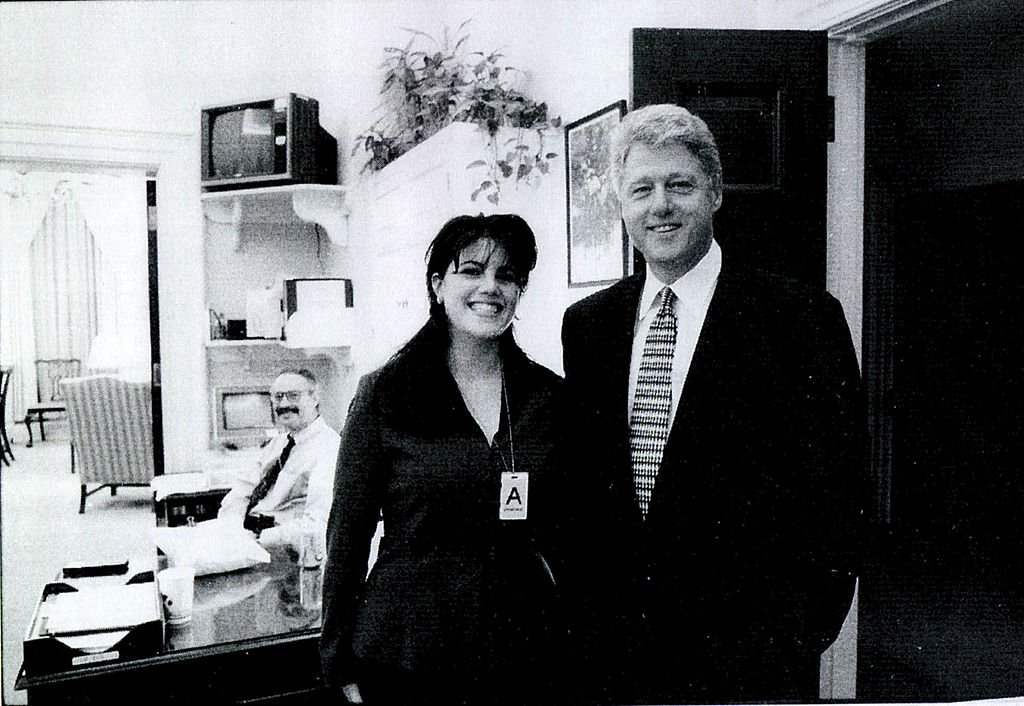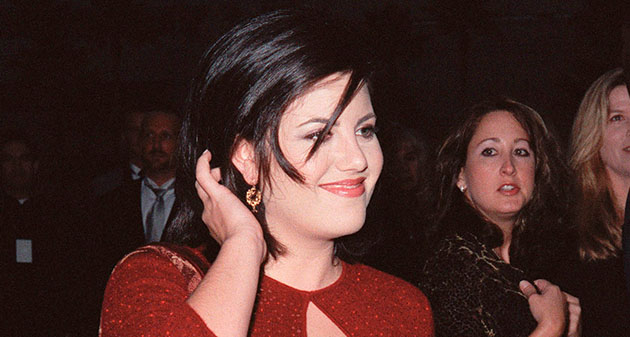It’s been three decades since Monica Lewinsky became a household name — not for her accomplishments, but for one of the most infamous political scandals in American history. Now at 51, Monica is reclaiming the narrative that once nearly destroyed her life.
In a raw and revealing interview on Elizabeth Day’s How To Fail podcast, Monica opened up about what it was really like to be thrust into the global spotlight at 22 — and what she’s learned since then.
A Young Woman at the Center of a Political Firestorm
In the late ’90s, Monica was a recent college graduate starting her first real job — an internship at the White House. What should’ve been an exciting new chapter quickly spiraled into something unimaginable: a secret relationship with then-President Bill Clinton, who was 49 at the time.
When the story broke, it didn’t just dominate headlines — it sparked a political crisis, a presidential impeachment, and a cultural reckoning. But for Monica, the consequences were intensely personal.
She was mocked, vilified, and labeled in every degrading way possible. While Clinton remained in power, Monica found herself publicly shamed and unable to move on with her life.
Reflecting on a Relationship — and the Power Imbalance Behind It
Now, Monica is looking back at those events with clarity that only time can bring. Speaking about her feelings for Clinton at the time, she didn’t shy away from honesty.
“It was the kind of love a young woman thinks she feels,” she said. “There was intensity, infatuation — and in hindsight, a clear imbalance of power.”

She’s the first to acknowledge the complexity of that dynamic: what she saw then as romance, she now sees as something much more complicated — and deeply problematic.
From Ambition to Isolation
Before the scandal, Monica’s career had only just begun. Like many recent graduates, she was hopeful and eager to make a mark in her field. But everything changed in an instant.
“My very first job was in the White House,” she said. “I don’t think anyone imagines that ten years later, that experience will keep you from being employable.”
After the affair was exposed, the Clinton administration quickly distanced itself from her — and the narrative that emerged painted Monica in a damaging, one-dimensional light.
She was labeled a “bimbo,” a term she says was pushed out by the administration and picked up by media outlets — and, painfully, by other women.
“I wasn’t stupid. But that’s the way they portrayed me,” she said. “And it hurt even more knowing that women were helping spread that narrative.”

The Weight of Public Humiliation
In the aftermath, Monica became the target of jokes, headlines, and late-night punchlines. Her name was reduced to a punchline. But what few people understood at the time was the toll that level of public humiliation took on her mental health.
“I fell into a deep depression,” she shared. “I appreciate the person I’ve become, but I would’ve liked a life that wasn’t shaped by that trauma.”
In a separate conversation on the Call Her Daddy podcast with Alex Cooper, Monica went even deeper, reflecting on how the scandal stripped her of privacy, dignity, and future opportunities.
“I was portrayed as unstable, desperate, unattractive — basically a joke,” she said. “And once the media locks you into a character, it’s almost impossible to break free.”
A Mistake, Not a Life Sentence
Monica is clear: she’s not asking for sympathy. She’s simply asking to be seen as human. The experience of being dissected, mocked, and judged by an entire nation didn’t just hurt her — it left a lasting impression on countless other young women who saw what happened to her and feared the same.
“The ripple effect was real,” she said. “So many women my age watched as I was destroyed for a private mistake. That leaves a mark — not just on me, but on how women see themselves and their worth.”
She’s also brutally honest about her own choices.
“I never should’ve been in that situation,” she admitted. “Not because I was a bad person, but because the power imbalance was so extreme. I didn’t fully understand that then.”
From Public Shame to Personal Power
Three decades later, Monica has transformed her pain into purpose. She’s become an advocate for anti-bullying, public accountability, and media ethics. Through her writing, speaking engagements, and public appearances, she’s slowly but surely reclaimed her voice.
And she’s forcing all of us to ask: have we really changed?
In an age of online cancel culture and viral shaming, Monica’s story remains shockingly relevant. Today’s scandals may unfold on social media rather than in newspapers, but the instinct to tear down — especially when it comes to women — is still deeply embedded in our culture.
Final Thoughts: More Than a Footnote
Monica Lewinsky has spent the past 30 years living with the consequences of a youthful mistake that played out on the world stage. But she’s also used that time to grow, reflect, and redefine herself — not as a symbol of scandal, but as a survivor.
Her message is clear: she is not a footnote in someone else’s legacy. She’s a whole person, with a story worth telling in her own words.
And as she continues to speak out, she’s not just rewriting history — she’s helping to change the way we treat young women, power dynamics, and public mistakes in the digital age.


